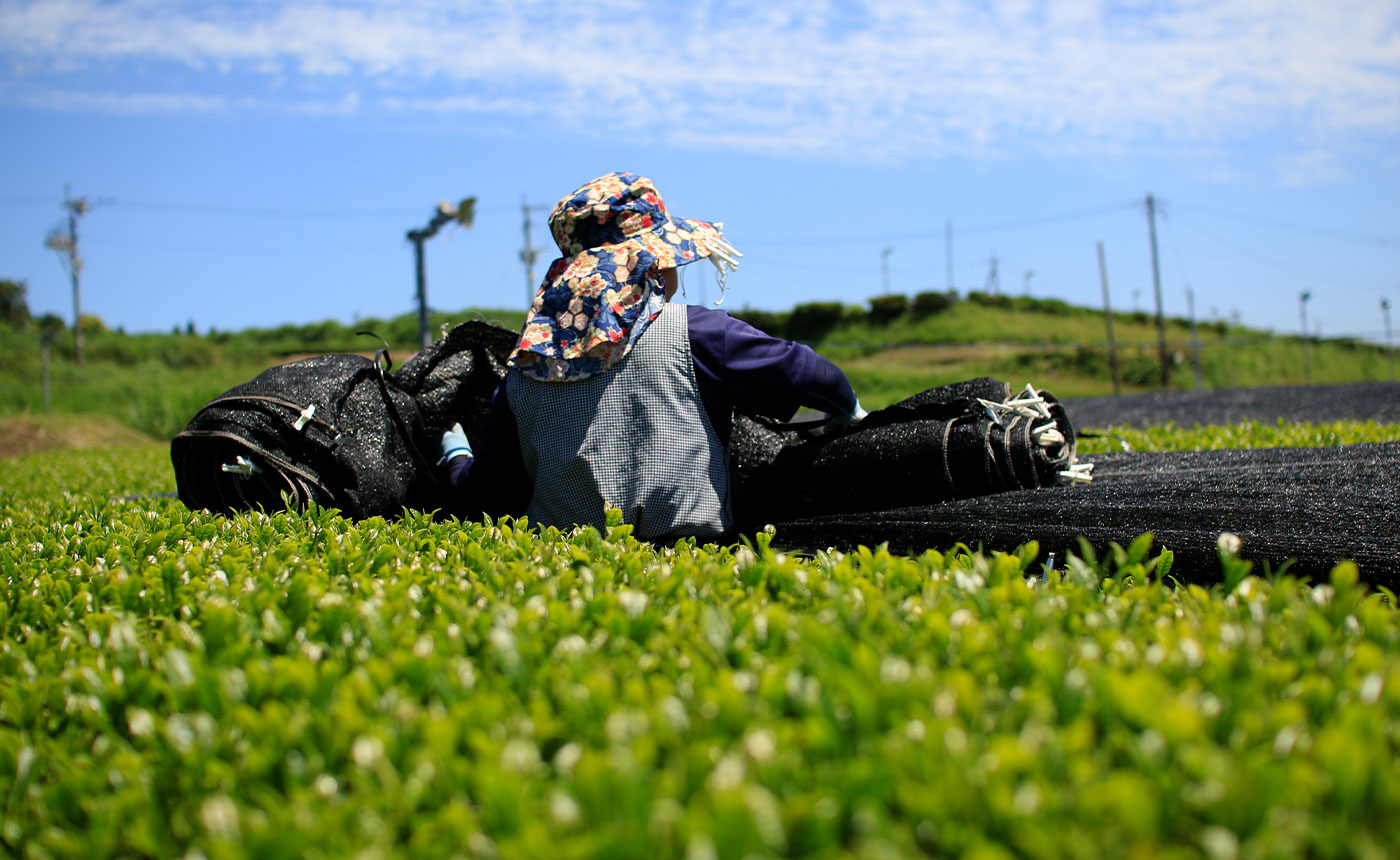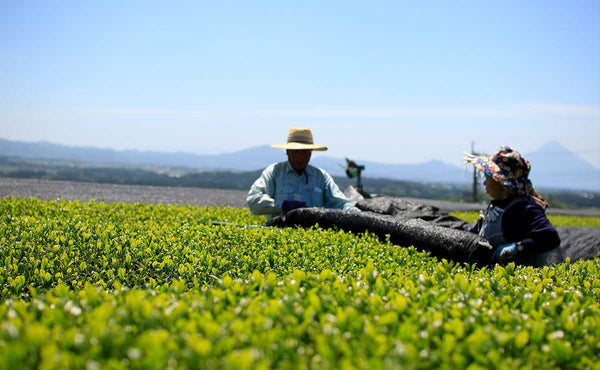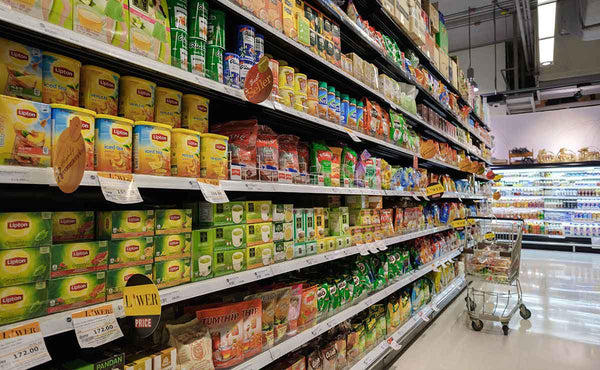
The Non-GMO project is one of the most trusted third-party verifications for non-GMO food and products. Shoppers are making more informed decisions and are demanding greater transparency in the products they consume. When it comes to things like non-GMO tea or non-GMO matcha, non-GMO tea brands like Keicha Tea World, show their commitment to this transparency by having the “Non-GMO Project Verified” seal. For people looking for toxin-free tea, a non-GMO label can guarantee reliable information about what they are buying so they can make better choices.
GMO’s have become a concern worldwide. Genetically modified organisms or GMO’s are living organisms that have been genetically engineered in a laboratory. This manipulation creates plant, bacteria, virus and animal genes that do not occur in nature or in traditional crossbreeding methods. The big question in consumers’ minds is if GMO’s are safe, but since there is no credible independent long-term study on them, there is no way to know for sure. Opinions are split, those who support using GMO’s say Americans have been eating them for more than 15 years without presenting any problems. But a joint commission of the World Health organization and the Food and Agriculture Organization of the United Nations established a protocol for the evaluation of GMO’s that says they “have the potential to introduce toxins and new allergens (or increase levels of existing ones), or cause nutritional changes in foods and other unexpected effects.”

GMO’s affect not only consumers but farmers too. Since the first GMO seeds hit the market more than 20 years ago, the sector consolidated rapidly resulting in ethical, political, environmental, economical and social concerns. Today just four companies (the “big four”) control almost 60% of the seed market: Monsanto, DuPont, Syngenta and Dow. They own 80% of the corn and 70% of the soybean market, which has affected farmers economically. Between 1995 and 2014 the corn seed spiked in price by more than 300%, and the costs were far greater than the market price farmers received.
GMO contamination is another issue. Pollination (by insects, birds and wind) has allowed pollen from a GMO plant to drift into neighboring fields. The consequences of this “genetic drift” have gravely affected farmers whose products face rejection from non-GMO markets.GMO agriculture has also led to superweeds and superpests that are very difficult to remove. Many farmers have had to use older and/or more toxic chemicals to do so. The overuse of glyphosate, a herbicide found in Monsanto’s Roundup, has rendered this chemical nearly useless with more and more resistant weeds. Herbicides can increase plant diseases, their ability to absorb nutrients and reduce soil health by killing microbes. GMO’s also threaten genetic diversity of our food supply. This is especially worrying since genetic diversity helps individual species adjust to new conditions and aid ecosystems.
If you are looking for a nonprofit organization dedicated to building and protecting a non-GMO food supply, the Non-GMO Project is it. It is the leader for GMO avoidance and offers a trusted third-party verification for non-GMO food and products (including matcha green tea) in North America. The Non-GMO Project is “committed to preserving and building sources of non-GMO products, educating consumers, and providing verified non-GMO choices.” It strongly believes that every person deserves to be informed about whether or not to consume genetically modified organisms.
The steps to certified non-GMO matcha are simple. The first step is to select a Technical Administrator that best meets your needs. The Non-GMO Project works with four independent Technical Administrators in order to provide unbiased product evaluations. The second step is to sign the Non-GMO Project license agreement, which outlines the parameters of your participation in the program. The third step is to complete a product evaluation with your Technical Administrator. They will request the documentation necessary to evaluate your ingredients and manufacturing facility. After the verification process is complete, the fourth step is promoting your verification. The last and final step is an annual renewal in which your Technical Administrator will request updated documentation.

Although 64 countries (including all of those that are part of the European Union) require the labeling of genetically modified foods, the United States still does not require mandatory GMO labeling even though 92% of Americans believe that GMO foods - found in most places in the U.S. - should be labeled. The demand for non-GMO foods has grown dramatically. In 2013 the sale of products with the “Non-GMO Project Verified” label increased by 80%.
More and more consumers are aligning their personal beliefs with the products they decide to buy. Non-GMO products are high on the list of items that matter most to shoppers. The Non-GMO Project Verified products are the fastest dollar growth trend in stores. Annual sales exceed $26 billion.
Keicha Tea World's commitment to organically grown matcha includes certification from the Non-GMO Project. We also offer bulk non-GMO tea and are proud to hold other certifications that assure our customers they are getting high quality matcha. You can read more about our certifications here.